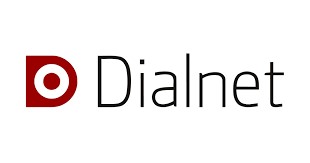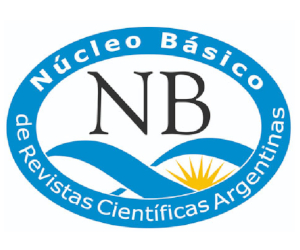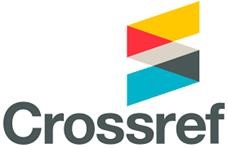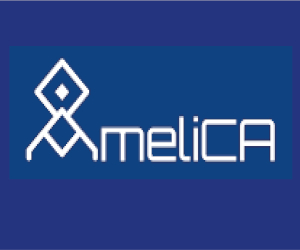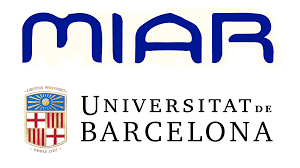- Focus and Scope
- Section Policies
- Peer Review Process
- Publication Frequency
- Open Access Policy
- Archiving
- Indexing and inclusion
- Policy on plagiarism, self-plagiarism, duplication and fragmentation
- Ethical-regulatory aspects
- Code of Conduct
- Journal history
Focus and Scope
The Journal of the Argentine Diabetes Society (SAD) is a peer-reviewed scientific publication, through a double-blind system, published quarterly by the SAD (Buenos Aires, Argentina).
Its objective is to communicate research and scientific updates from Argentina and Latin America on Diabetes Mellitus and related branches, to promote debate on problems related to the specialty and to provide the medical population with scientifically verifiable information.
The journal publishes original and unpublished articles on clinical or experimental research, reviews, updates, guidelines, consensus and recommendations, among other aspects related to the health of people with Diabetes.
Aimed at medical specialists in the pathology of reference, researchers and teachers, the publication is published in Spanish and English.
The SAD Journal was created in 1966 and, since then, it has been published in printed format. As of 2014, it is also published in electronic support.
The journal reserves the right to accept or not the contributions received, in accordance with its thematic scope and compliance with its editorial standards.
It declares its openness to the participation of authors outside the publishing entity. At least 60% of the content of the publication is original research within the scientific and academic field.
The Journal has no charges for article processing (APC) or for article submission.
The opinions expressed by the authors of the articles are their sole responsibility.
Section Policies
Editorial
Article of 2 or 3 pages that expresses the scientific editorial line of the SAD Journal and its point of view on relevant issues related to the health of people with diabetes
Indexed |
Peer Review |
Conferences and Symposia
The abstracts of the conferences and symposia of the Argentine Diabetes Congress and the Argentine Diabetes Conferences are published in this section.
Indexed |
Peer Review |
Symposium Part 1
Indexed |
Peer Review |
Conference and Bernardo Houssay Medal for Lifetime Achievement in Basic Research in Diabetes
Indexed |
Peer Review |
Symposium Part 2
Indexed |
Peer Review |
Epidemiological Conference
Indexed |
Peer Review |
Situation of obesity and diabetes in Latin America
 Open submissions
Open submissions  Indexed
Indexed  Peer Review
Peer Review
Debate: Something more than insulin to treat type 1 diabetes mellitus?
 Open submissions
Open submissions  Indexed
Indexed  Peer Review
Peer Review
Miniconferences: Heart failure and type 2 diabetes mellitus
 Open submissions
Open submissions  Indexed
Indexed  Peer Review
Peer Review
Miniconferences: Special situations in obesity
 Open submissions
Open submissions  Indexed
Indexed  Peer Review
Peer Review
Expert Dialogue
 Open submissions
Open submissions  Indexed
Indexed  Peer Review
Peer Review
Miniconference: Early gestational diabetes mellitus: what is it and what does it matter?
 Open submissions
Open submissions  Indexed
Indexed  Peer Review
Peer Review
2022 guidelines for the diagnosis, treatment and complications of diabetic macular edema and diabetic retinopathy of the
|
|
|
|
|
Miniconferences



